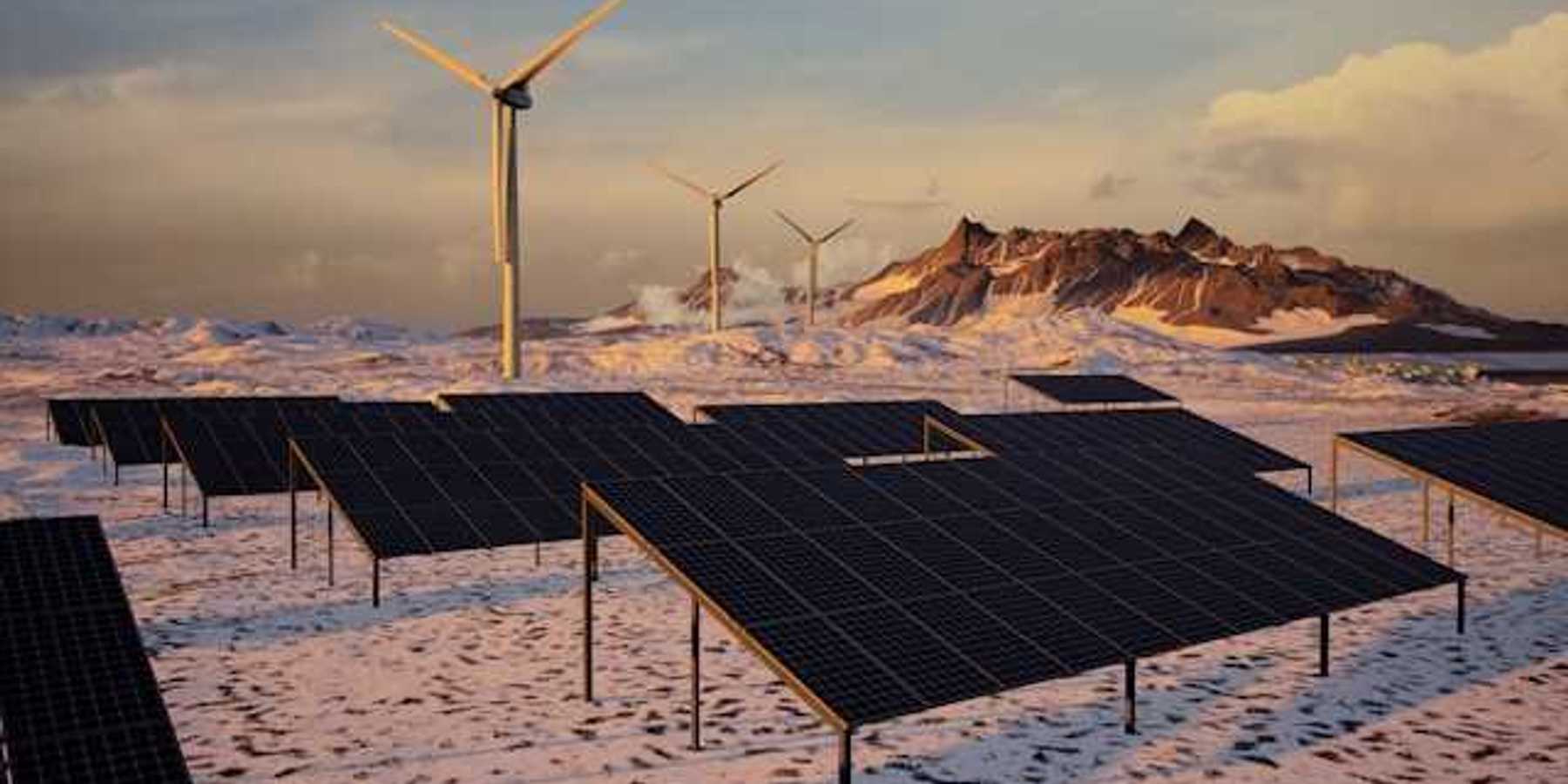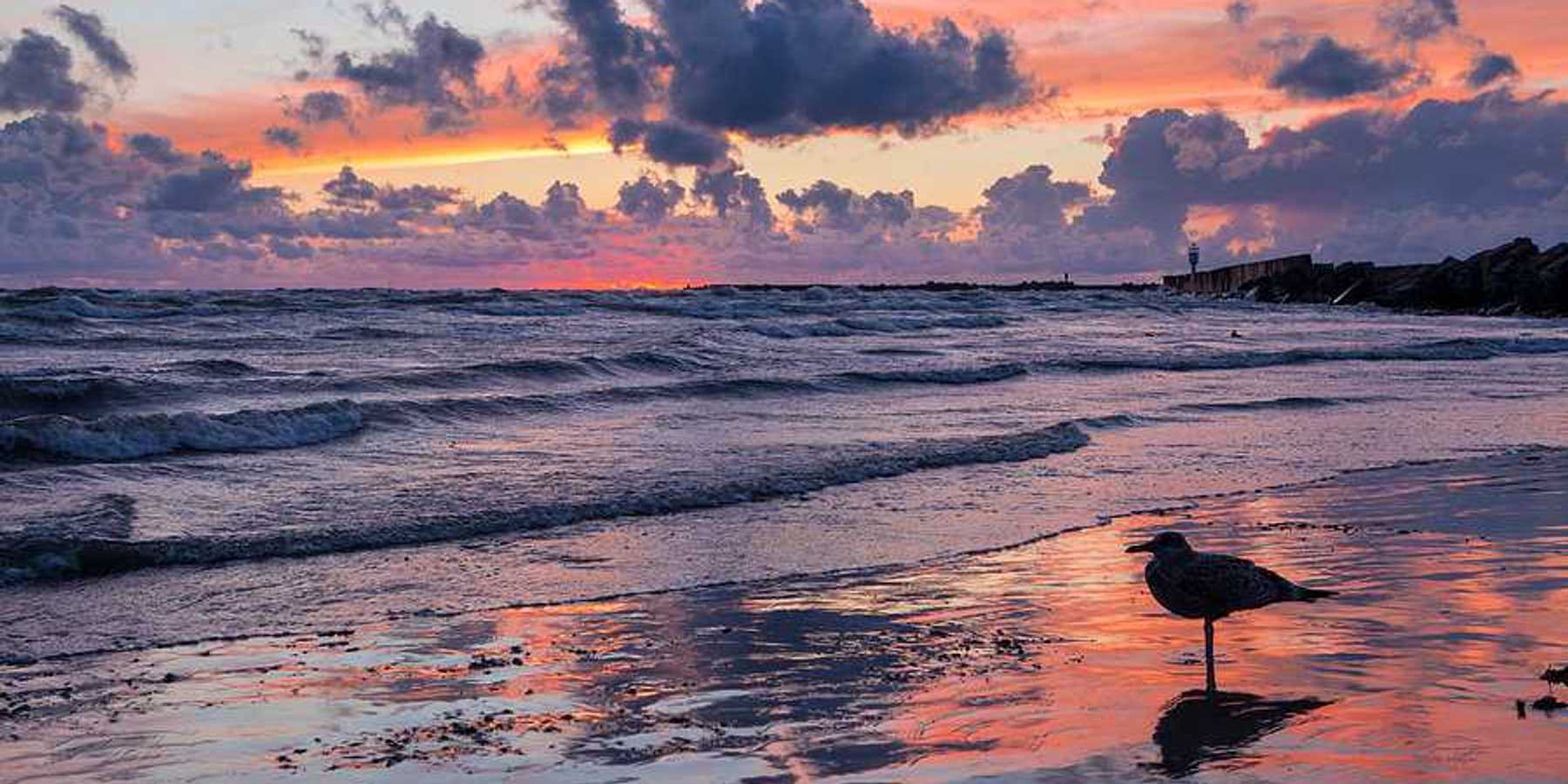How federal neglect fuels wildfire crises on tribal lands
Wildfires have increasingly devastated Indigenous reservations, where underfunded and overstretched tribal firefighting programs struggle to keep pace with mounting threats.
Lachlan Hyatt reports for High Country News.
In short:
- The Colville Reservation and other tribal lands face severe wildfire threats made worse by chronic underfunding and outdated federal support formulas that haven’t been revised in over two decades.
- Tribal firefighting programs receive less than half the per-acre funding of the U.S. Forest Service, forcing them to operate with outdated equipment, shrinking staff, and limited preparedness budgets.
- Despite temporary pay increases secured in recent years, many tribal departments remain ill-equipped as climate change drives larger, more frequent fires, leaving residents and volunteers to fill dangerous gaps.
Key quote:
“We’ve been saying the same thing for 30 years now. What makes you think that they’re going to listen to us now?”
— Jim Durglo, fire technical specialist, Intertribal Timber Council
Why this matters:
Wildfires are becoming more intense and frequent, fueled by climate change and historical land mismanagement. Tribal lands, often located in fire-prone regions with rich biodiversity and cultural significance, are particularly vulnerable. Yet, firefighting resources for these communities lag far behind those for other federal lands, deepening environmental injustice. This disparity not only threatens the safety of Indigenous families but also endangers critical ecosystems and sacred sites. As federal agencies struggle to meet rising fire risks, many tribes are left to fend for themselves with outdated equipment, diminished crews, and precarious budgets. Volunteers and residents often step into the breach, risking their lives to protect homes and forests.
Learn more: Trump order stalls Indigenous-led climate efforts













